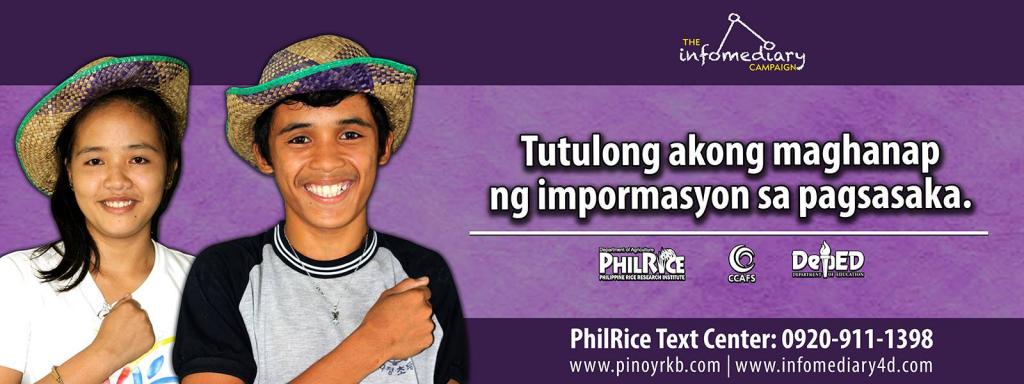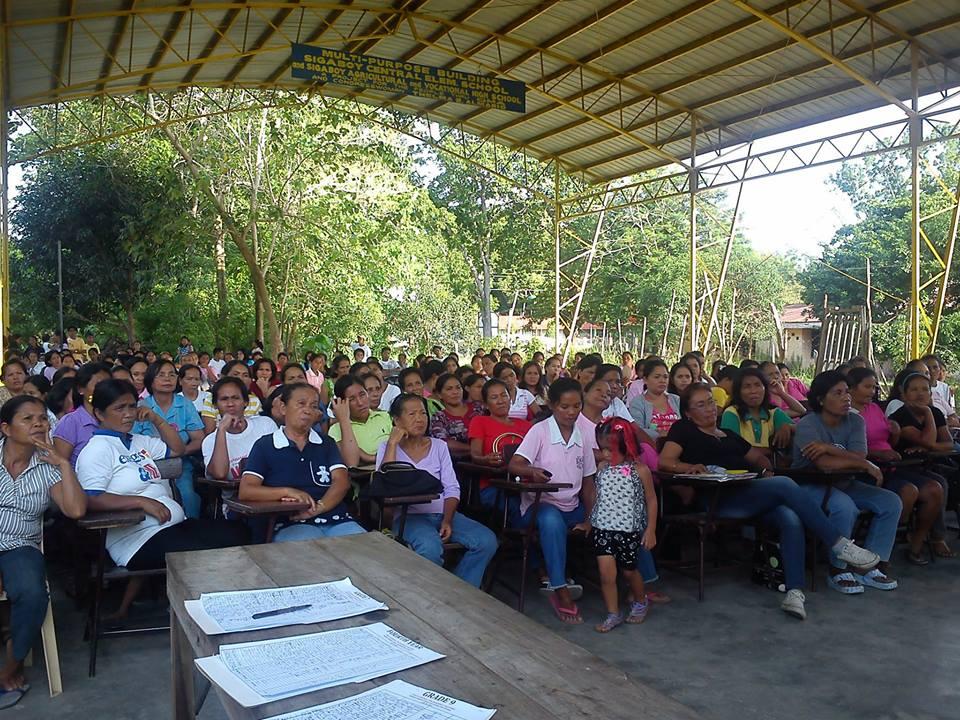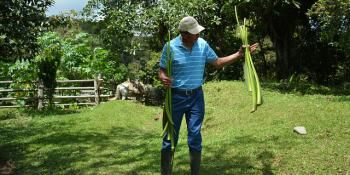Schools as nuclei of climate change information

In something as urgent and important as climate change, innovative ways to reach out to people in the countryside is crucial.
Information poverty is a nagging issue in the rural, remote areas in the Philippines. In something as urgent as climate change, innovative ways to reach out to people in the countryside is crucial. From whom can they ask information on climate smart rice varieties? What are some of the technologies available to cushion the impacts of climate change on rice?
Watch:
These are among the questions that the “Development and roll out of climate smart rice farming module in the Infomediary Campaign- participating schools” project seeks to address. The Infomediary Campaign is an ongoing campaign led by the Philippine Rice Research Institute (PhilRice). It aims to mobilize high school students to serve as information providers for the farmers in their respective rice farming communities. On its second year now, the PhilRice partners with the CGIAR's Program on Climate Change, Agriculture, and Food Security in Southeast Asia (CCAFS-SEA), and the Philippines’s Department of Education to implement this project in 89 high schools nationwide.

Infomediary banner which literally means "i will help seek out agricultural information."
In preparation for the extensive information dissemination on climate change and rice production, the Infomediary Campaign had just finished the Training of Trainers (teachers) in July 2014. The training aimed to educate the teachers on various issues about climate change and rice production such as technologies and strategies to adapt to and mitigate climate change. The teachers were also exposed to several power plants in the country particularly in Isabela Province where rice hull is utilized to generate electricity. The teachers were given information materials including three powerpoint presentations on climate change and rice production.

the project includes Enhancing the capacities of teachers in teaching climate change information. (photo by: j. manalo)
Several weeks after the training, many of the trainees from all over the country have started cascading the information to the infomediaries (the high school students). The sharing took place in several forms such as teaching of the climate change and rice production modules in classroom, sharing during meetings of the Parents and Teachers Association (PTA) of the school, and a Quiz Bee.
Teaching of the climate change and rice production module is among the requirements the teachers must fulfill. We use the Facebook to monitor onitor project activities and progress. There, our partner schools/teachers in Gabaldon Vocational High School (Nueva Ecija) and Balagtas National Agricultural High School (Bulacan) indicated that they have already shared this in their respective classes.
Meanwhile, our partner in Sigaboy Agricultural Vocational High School (Davao Oriental) shared the module, particularly the PhilRice Text Center, an SMS platform for farmers, during the PTA meeting in the school. This is a welcome initiative as it certainly widens the reach of the campaign.
Our partners in Claveria Rural Vocational High School (Cagayan) created an electronic quiz platform showcasing the things they learned during the training. The quiz was a series of multiple choice and fill in the blanks types of questions that facilitated appreciation of the campaign messages.
These multiple activities happening in the Infomediary Campaign reinforces the potential of schools as nuclei of interventions to disseminate climate change information.
REad more
The Infomediary Campaign Website
Jaime Manalo IV is the Head of the Development Communication Division of PhilRice and the Team Leader of The Infomediary Campaign, a collaborative action research co-funded by CCAFS-SEA.



